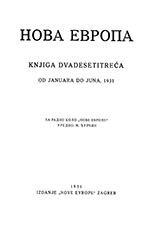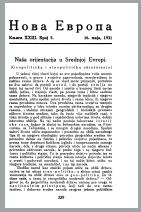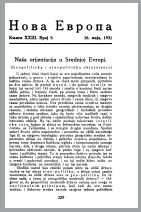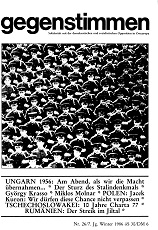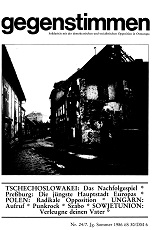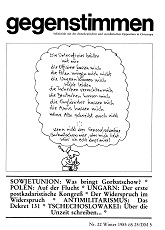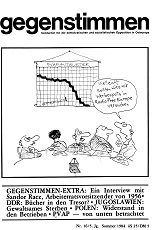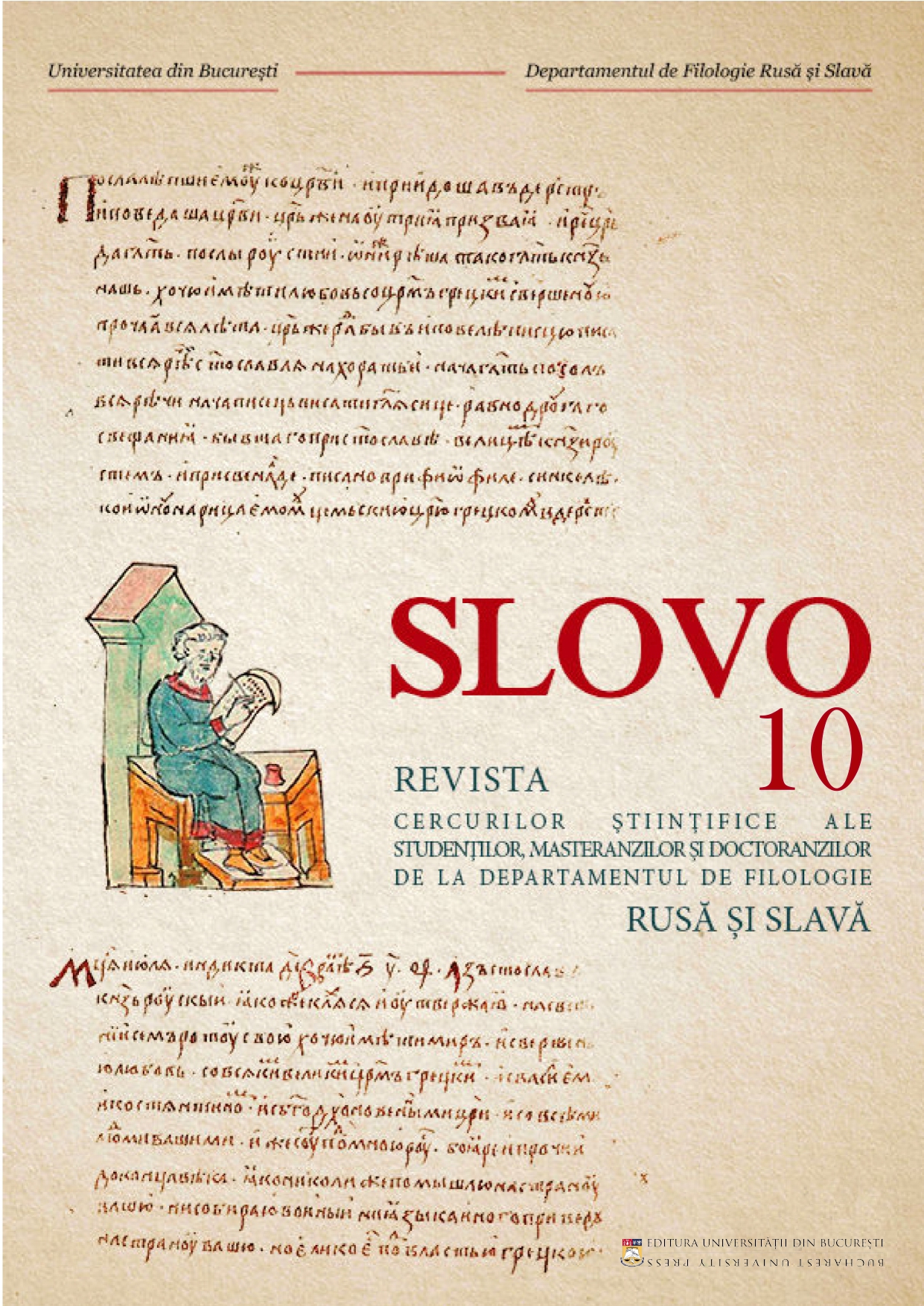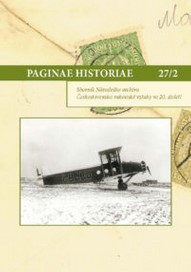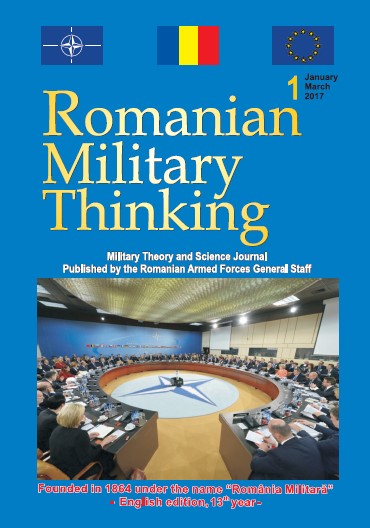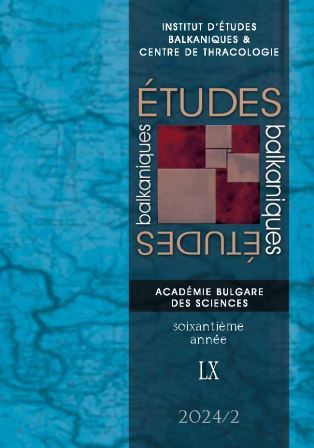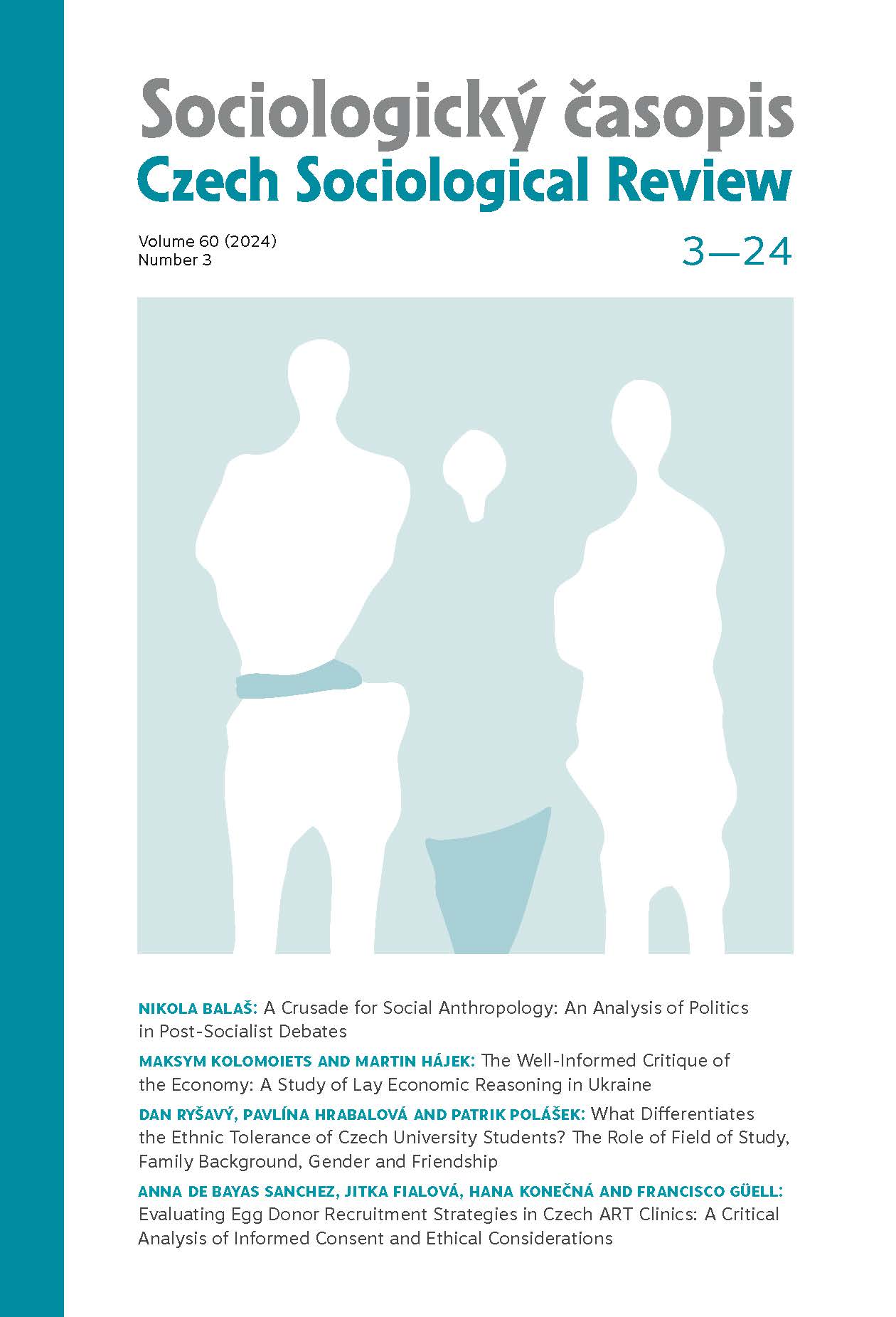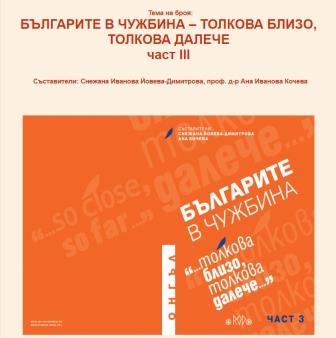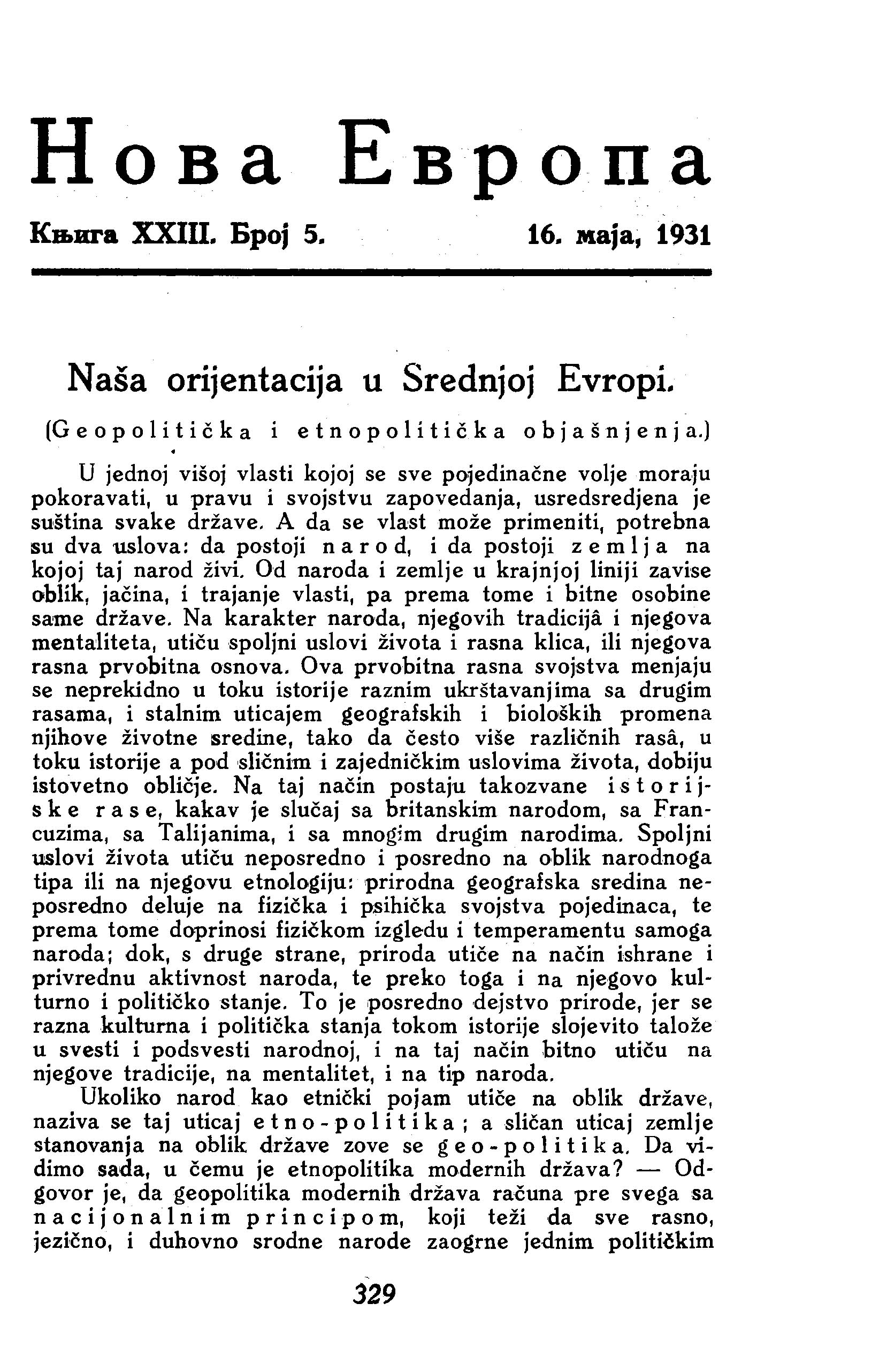
Melankolična Evropa
Nigde, možda, u ovo poslednje vreme, nisu snovi i iščekivanja, melankolične i razboljene Evrope dosegli vrškove paradoksalnosti i grotesknosti kao na stranama Papinijeva ≫Goga≪. Nema sumnje, medju retcima ove Papinijeve sintetičke smotre svih skretanja u levo i u desno evropskih duhovnih napora i nastojanja izražena je na j fatalni je sudbina stoleća. Ma šta kazali strastveni krstonosci jednog prividno uskrsnulog neoskolasticizma, koji veruju da se svet mora po svaku cenu da zaustavi, i da su kaprise duha — i onda kad su one pozitivni preokretaj i ili konkretna razuverenja — samo fiktivna i tendencijozna prividjenja izvesnih priroda koje neće da vide, niti osećaju koliko je istina daleka, i koliko je osvojenje istine problem boli, ispaštanja, i napora.
More...
